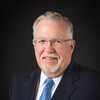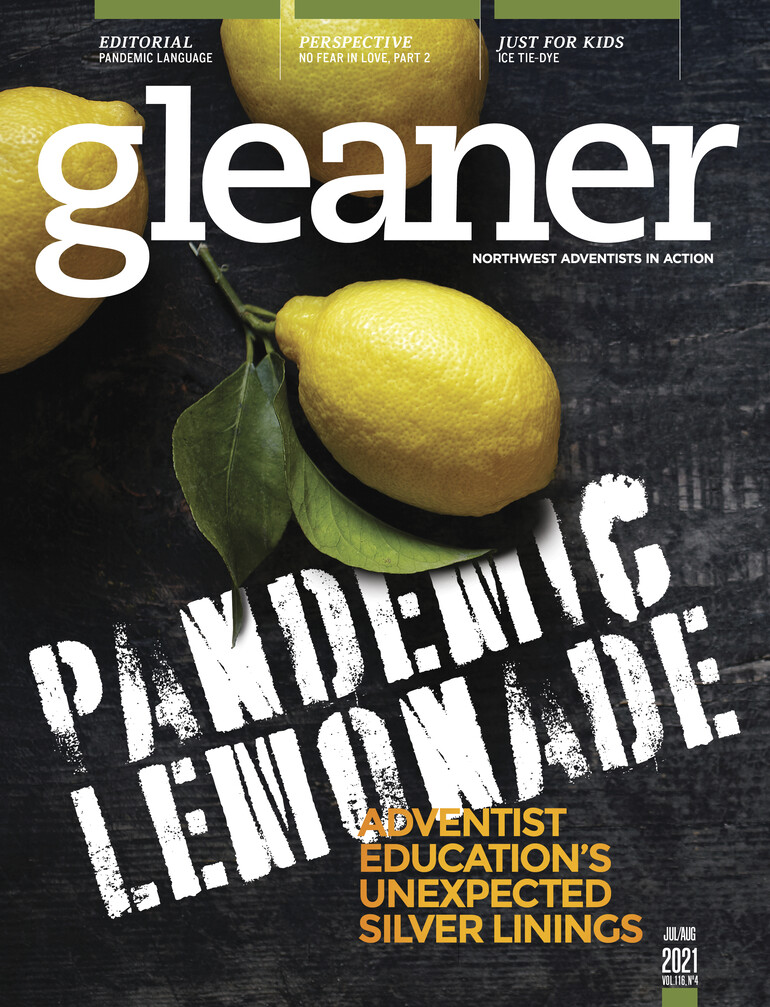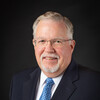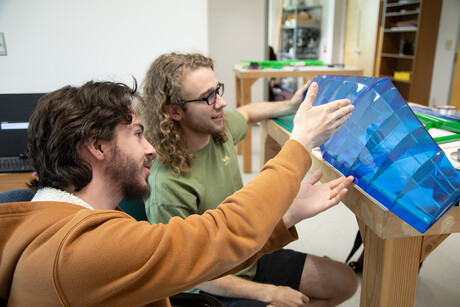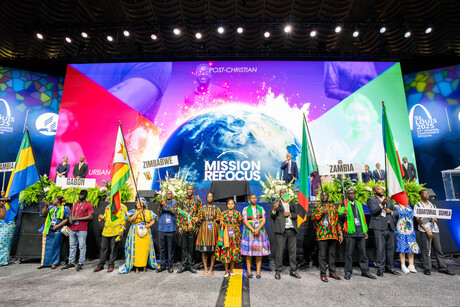A monumental event like the coronavirus pandemic changes our individual and community life experiences in unexpected ways. Living through historic events also changes our language.
Because we are anxious to comprehend what has happened and to clearly explain our anxiety about life’s new uncertainties, we naturally latch on to new vocabulary. We hear and say every day, over and over, many words and phrases previously absent from our linguistic toolbox.
Words like COVID-19, pandemic, pathogen, asymptomatic, social distancing, N95 masks, herd immunity, livestreaming and remote learning were unfamiliar or rarely used. Seemingly, this shifted dramatically and quickly. The word "Zoom" went from brand name to verb in a matter of weeks.
Early on, the word "unprecedented" encapsulated our shared experiences. It showed up in every news commentary, emails and conversations about COVID-19. “Unprecedented” says we have no prior personal experience with what is happening. While it is descriptive, it's also sufficiently vague. It gives us time to learn more. It lets us off the hook for feeling unprepared and not understanding.
Later, the overuse of “unprecedented” was how people expressed they knew we were all in this together. It represented a shared uncertainty about the unfolding and incomprehensible events.
Now, more than 15 months into the pandemic, “new normal” is the frequent term defining our quest for a return to rhythms of life that bring meaning and value. The desire for normalcy comes out of the disruption in the family circle. It is heightened by the divisive social and political forces in our culture.
We yearn for predictability. We need renewed and real experiences in unselfish love and unfailing acceptance. Church and school are places where love and loyalty can grow.
The good news is that Adventist education, a ministry to families seeking a faith-infused and Christ-centered education, has continued through this pandemic.
In the pages of this issue, you will see glimpses of Adventist educators who have worked heroically to maintain a ministry that continues to bring students something better and something more holistic than what the world offers.
School has looked different across the Northwest with varying pandemic protocols from state to state and county to county. Yet, under these difficult and unfamiliar circumstances, Adventist educators have been resolute in leading students to encounter Jesus through new learning experiences. Whether it was remote, hybrid or in-person learning, teachers persevered in being effective guides for each student’s spiritual and academic learning journey.
Adventist educators have been our essential workers. They have continued seeking to maintain a learning experience that gives meaning and value to students and families despite the pandemic-caused upheaval.
I invite you to read these stories profiling how the ministry of education has continued in these tumultuous times. You’ll discover a faith journey in which God has provided unanticipated blessings out of the unprecedented challenges.
Among the stories about churches and families sacrificing for their children and youth, you'll read stories about increased enrollment in small schools and young people hearing the story of redemption for the first time. You will see God’s gifts amidst the tumult of the school year.
Because words matter, please join me in finding and sharing the language of affirmation and appreciation with our Adventist educators.
Thank you for genuinely and generously sharing words that build commitment and support with those who have answered the call to be the hands and voice of Jesus to our youth.
Thank you for praying for and partnering with your Adventist educators in unprecedented ways as we look forward to the 2021–2022 school year.



